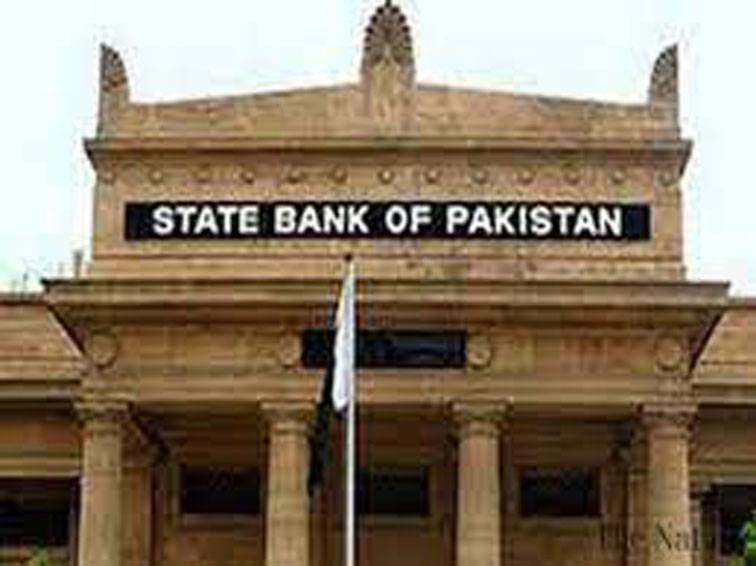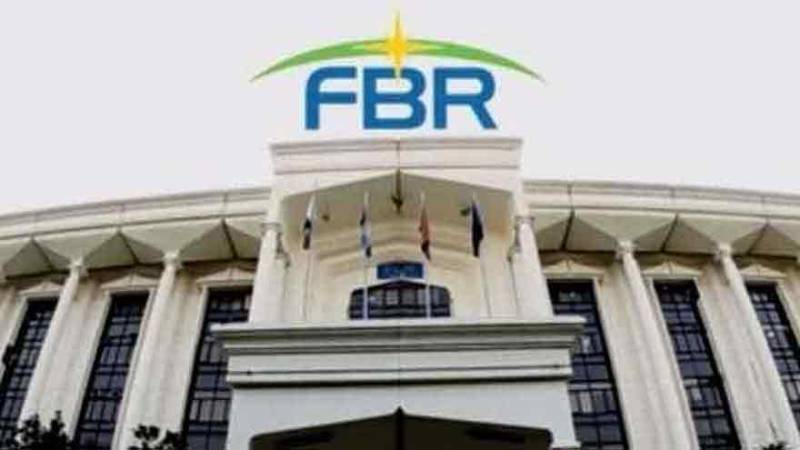

ISLAMABAD – Business community and an economic think tank on Monday expressed concerns over the State Bank of Pakistan (SBP)’s decision to maintain interest rate at 11 percent. President Federation of Pakistan Chambers of Commerce and Industry (FPCCI) Atif Ikram Sheikh has expressed displeasure over the decision of the SBP to keep interest rate at 11 percent. He said that interest rate should be around 6-7 percent, as this would have reduced the public debt by Rs3.5 trillion.
Atif Ikram Sheikh said that the reduced interest rate would have helped in reducing the cost of production in the country. He said that Finance Minister Muhammad Aurangzeb had also assured the business community that interest rate would be reduced. President of the Islamabad Chamber of Commerce and Industry (ICCI), Sardar Tahir Mehmood has said that SBP should have reduced the interest rate. He emphasized that bringing the interest rate down to seven percent would save over Rs. 3 trillion. He noted that the interest rate has not been reduced for several months, despite the fact that the current situation presents the government with an ideal opportunity to bring it to a single-digit level. According to Sardar Tahir, lowering the interest rate would not only enhance exports but also generate new employment opportunities.
Meanwhile, the Economic Policy and Business Development (EPBD) think tank strongly criticized the Monetary Policy Committee’ decision to keep the policy rate unchanged at 11 percent, and rated it “poor decision” that imposes the heaviest burden on taxpayers in the region. Chairman of the think tank and former caretaker federal minister, Gohar Ejaz in a post on X, formerly known twitter, said that the State Bank of Pakistan (SBP)’s monetary policy committee should have cut interest rate by 150 basis points. He said that maintaining policy rate at 11 percent was equivalent to placing burden of highest interest rates in the region on honest and frustrated taxpayers.
He maintained that Pakistan’s fiscal deficit could be controlled by aligning the interest rate with inflation. “Sustainable economic growth is only possible when businesses are provided with a level playing field,” he added. Ejaz underscored the need for a decisive monetary policy to spur economic recovery, warning that the current stance was hampering private sector growth. Highlighting regional comparisons, he pointed out that inflation in Pakistan currently stands at around 3 percent, while the policy rate is 11 percent. By contrast, India has inflation of 1.5 percent with an interest rate of 5.5 percent, and Bangladesh has inflation of 8.3 percent with an interest rate of 10 percent. “Pakistan has the highest interest rate in region despite having low inflation,” he noted, stressing that such a policy undermines competitiveness and discourages investment.
S M Tanveer, FPCCI leader, also expressed deep disappointed over the State Bank of Pakistan’s decision to maintain the current policy rate, saying that the SBP has failed to address the pressing needs of country’s economy. According to him, with inflation under control and the Consumer Price Index (CPI) at a notable low, the persistence of high interest rates is stifling economic growth and exacerbating the challenges faced by businesses and consumers alike. The high policy rate is deterring investment, hindering job creation, and placing an undue burden on the industrial sector, which is crucial for our economic development, he stressed.
In my view, said Tanveer, no economic uplift is possible without a significant reduction in the policy rate to 6 percent. This move would not only stimulate economic activity but also make borrowing more accessible for businesses, thereby fostering growth and development. Patron-in-Chief UBG has urged the government to revisit the policy rate without delay. He said the current economic environment demands a more accommodative monetary policy to revive the economy and support the business community. Delaying this crucial decision will only prolong the economic stagnation and hinder Pakistan’s progress, he said, adding that it is imperative for the government to take immediate action to ensure a conducive environment for economic growth and development.






